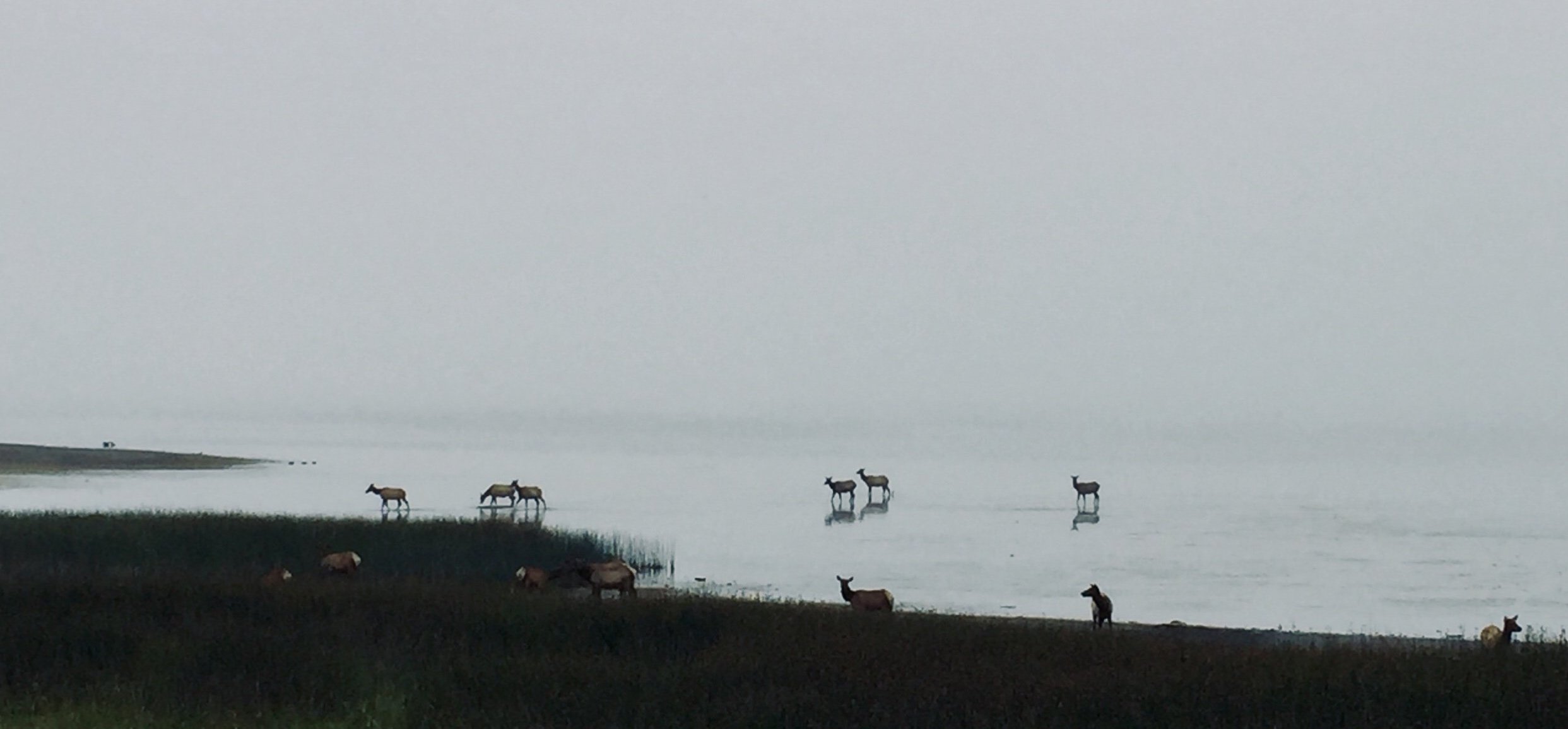François Truffaut
This file is licensed under the Creative Commons Attribution-Share Alike 4.0 International license.
1932 - 1984
François Roland Truffaut (6 February 1932 – 21 October 1984) was a French film director, screenwriter, producer, actor, and film critic. He is widely regarded as one of the founders of the French New Wave.[5] After a career of more than 25 years, he remains an icon of the French film industry, having worked on over 25 films.
Truffaut's film The 400 Blows is a defining film of the French New Wave movement, and has four sequels, Antoine et Colette, Stolen Kisses, Bed and Board, and Love on the Run, made between 1958 and 1979. Truffaut's 1973 film Day for Night earned him critical acclaim and several awards, including the BAFTA Award for Best Film and the Academy Award for Best Foreign Language Film.
His other notable films include Shoot the Piano Player (1960), Jules and Jim (1962), The Soft Skin (1964), The Wild Child (1970), Two English Girls (1971), The Last Metro (1980), and The Woman Next Door (1981). He is also known for his supporting role in the film Close Encounters of the Third Kind (1977).
Truffaut also wrote the notable book Hitchcock/Truffaut (1966), which detailed his interviews with the film director Alfred Hitchcock during the 1960s.
Truffaut was born in Paris on 6 February 1932. His mother was Janine de Montferrand. His mother's future husband, Roland Truffaut, accepted him as an adopted son and gave him his surname. He was passed around to live with various nannies and his grandmother for a number of years. His grandmother instilled in him her love of books and music. He lived with her until her death, when Truffaut was eight years old. It was only after her death that he lived with his parents.[6] Truffaut's biological father's identity is unknown, but a private detective agency in 1968 revealed that its inquiry into the matter led to a Roland Levy, a Jewish dentist from Bayonne. Truffaut's mother's family disputed the finding but Truffaut believed and embraced it.[7]
Truffaut often stayed with friends and tried to be out of the house as much as possible. He knew Robert Lachenay from childhood, and they were lifelong best friends. Lachenay was the inspiration for the character René Bigey in The 400 Blows and worked as an assistant on some of Truffaut's films. Cinema offered Truffaut the greatest escape from an unsatisfying home life. He was eight years old when he saw his first movie, Abel Gance's Paradis Perdu (Paradise Lost, 1939), beginning his obsession. He frequently skipped school and sneaked into theaters because he lacked the money for admission. After being expelled from several schools, at age 14 he decided to become self-taught. Two of his academic goals were to watch three movies a day and read three books a week.[6][8]
Truffaut frequented Henri Langlois's Cinémathèque Française, where he was exposed to countless foreign films, becoming familiar with American cinema and directors such as John Ford, Howard Hawks and Nicholas Ray, as well as those of British director Alfred Hitchcock.[9]
In July 1983, following his first stroke and being diagnosed with a brain tumour,[28] Truffaut rented France Gall's and Michel Berger's house outside Honfleur, Normandy. He was expected to attend his friend Miloš Forman's Amadeus premiere[29] when he died on 21 October 1984, aged 52, at the American Hospital of Paris in Neuilly-sur-Seine in France.[30]
At the time of his death, he had numerous films in preparation. He had intended to make 30 films and then retire to write books for the remainder of his life. He was five films short of that aim. He is buried in Montmartre Cemetery.[31]
Become A Donor Or Advertiser



